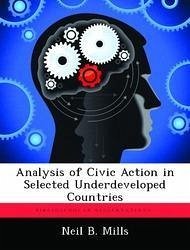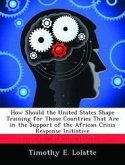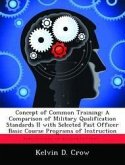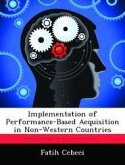The foreign policy of the United States reflects the importance with which the independence and welfare of the emerging nations are regarded. Military policy contributes to foreign policy in these countries through the activities of Military Assistance Advisory Groups (MAAGs) and Military Missions. These U. S. advisory personnel are able to support both the welfare and independence of underdeveloped countries through the concept of civic action. Civic action involves the use of military forces on projects that will raise the socio-economic standards in underdeveloped countries. Suitable projects are improvements in the fields of education, training, public works, agriculture, communications, health, sanitation, and public administration. The purpose of civic action is two fold: first, it is intended to raise the standard of living; second, it is intended to improve the relationship between the participating military forces and the indigenous population. Ideally, the participation of U. S. military personnel in civic action in underdeveloped countries is limited to advice and assistance. These MAAGs and Missions, augmented as necessary, sponsor civic action projects in coordination with the Ambassador and other members of his Country Team. There have been many civic action projects in underdeveloped countries in recent years, and increasing national interest indicates that there will be many more in the future. In the past, there have been successes and failures in civic action operations; both successes and failures are likely to occur in the future. But, learning from past activities is a logical method of improving those operations that are to follow. Therefore, the purpose of this thesis is to analyze objectively the civic action activities in selected underdeveloped countries. From this analysis the features that have contributed to either successes or failures are isolated.








